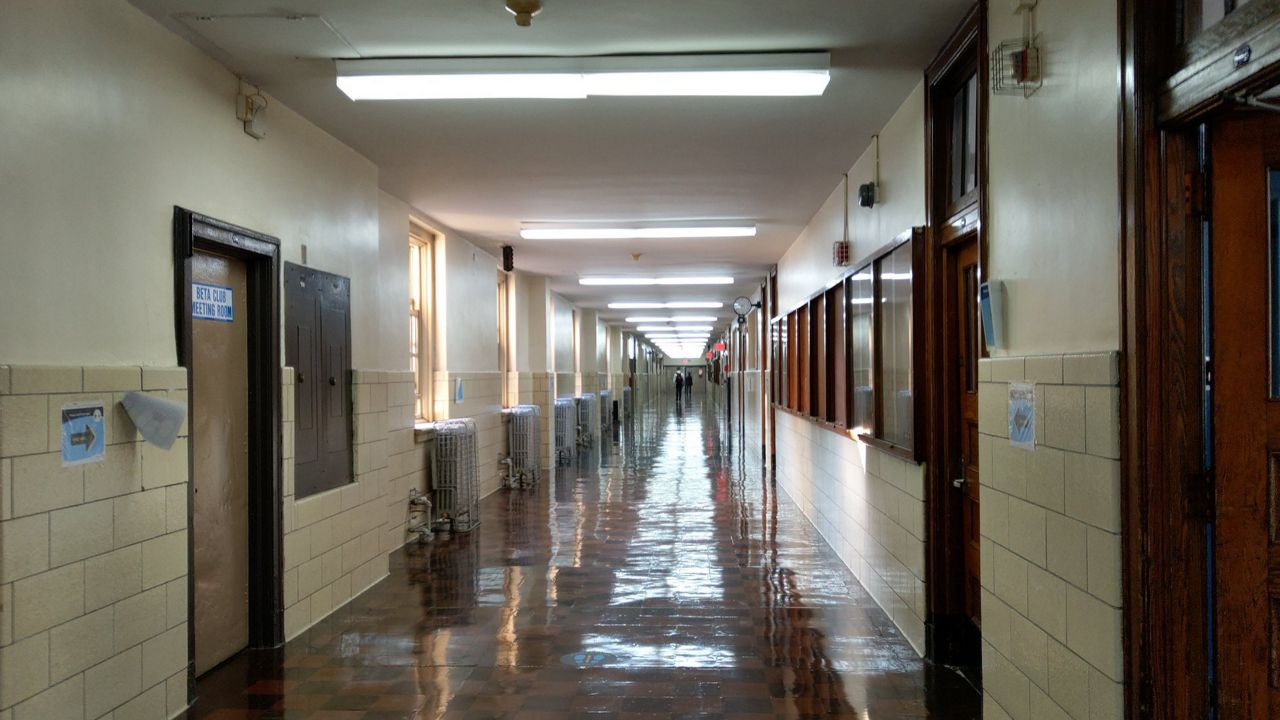After 28 years of fighting for a sound, basic education for every student in New York, activists like attorney Michael Rebell of the Center for Educational Equity at Teachers College, Columbia University, are celebrating a victory that has been delayed multiple times: a commitment by the state legislature to fully fund the state’s primary education formula, Foundation Aid.
"I feel somewhat vindicated, yes. We’ve been fighting this battle now for, God, ’93 is when we started (the Campaign for Fiscal Equity lawsuit)," Rebell said. "But I do have a lingering concern. In a sense there’s a little bit of déjà vu with me."
Rebell’s déjà vu is well-founded. He points out that this is not the first time the legislature has committed to fully funding the Foundation Aid formula.
"I was there in 2007. They made that commitment. It was going to be a four-year phase in, and we’ve been fighting ever since," he said. "It’s been 14 years and they hadn’t made good on that commitment."
In 2007, in the wake of the Campaign for Fiscal Equity (CFE) lawsuit, which the state lost and Rebell litigated, then-Governor Eliot Spitzer proposed an overhaul of the state’s education finance system. That year, after a comprehensive cost-study by the State Department of Education, the Foundation Aid Formula was born.
At the time, the state legislature promised to utilize the formula, but it was never fully funded because of the Great Recession.
That setback has caused Rebell to have some serious trust issues with the legislature. So this time, instead of simply hoping the powers-that-be in Albany follow through on their promise, Rebell wants a court order.
"There’s no guarantee. I’ve been there before. The legislature or the governor could say next year that something’s changed, and there’s nothing to stop the legislature from just wiping out those sentences that deal with years two and three."
Which is where Rebell’s latest litigation fits in (no, it’s not going away).
NYSER (New Yorkers for Students' Educational Rights) vs. State of New York is a lawsuit originally filed in 2014 against the State of New York and the governor and other officials on behalf of the state’s public school students. It charges that the state is violating students’ educational rights by neglecting its constitutional obligation to ensure that every school has sufficient funding to provide all students with a meaningful educational opportunity. In 2017, the Court of Appeals denied the state’s motion to dismiss the case, and remanded the case for trial.
In 2018, an amended complaint was filed on behalf of 15 parents of students attending schools in five specific school districts — New York City, Syracuse, Schenectady, Central Islip, and Gouverneur — that were selected to represent the range of high-need large city, small city, suburban, and rural districts throughout New York State, and New Yorkers for Students’ Educational Rights (NYSER), a statewide coalition of stakeholder groups formed to bring the lawsuit.
"We’ve been doing an enormous amount of work over the last few months," Rebell said. "We’ve had 40 or 50 depositions. Everybody in the state from Commissioner Rosa on down, everybody in New York City from the Chancellor on down. We’ve gotten nine expert reports from people in every field, special ed, ELL, teacher quality. So, we’re getting ready to go."
Rebell doesn’t necessarily want to go to court, but he is comfortable using the lawsuit as leverage to get what he’s always wanted: Funding for education. To that end, Rebell wants to see a resolution of the issue by court order, guaranteeing the money will be paid out no matter what.
Or, he said, Attorney General Letitia James could work with NYSER to settle the lawsuit.
"If we could sign a stipulation that the state hereby guarantees these payments, have the court stamp it, then we would know it’s guaranteed," he explained. "One way or another we want a permanent guarantee out of this case."
Rebell’s other stipulation is that the Foundation Aid formula be updated.
"We’ve been fighting to get this Foundation Aid formula fully funded for fourteen years and if it happens, you know, I’m ecstatic," he said. "But this formula is fifteen years old. They calculated these formulas in 2006. This was the amount of money that New York City and every other district needed to provide students with a sound basic education back in 2006."
In 2006, there were a number of different cost studies, but the one that led to the Foundation Aid formula was done by the State Education Department. But the methodology used by SED fifteen years ago is now outdated.
"I don’t know what’s needed looking toward the future, post pandemic, we’re really talking about," he said. "But I know we need a new costing-out study."
And he wants the study to be included in any court order.
"The demography has changed across the state. State mandates have changed. Educational policies have changed, and post pandemic, it’s a good time to do it," he said. "We’re not necessarily chasing dollars. We’re chasing sound, basic education."


